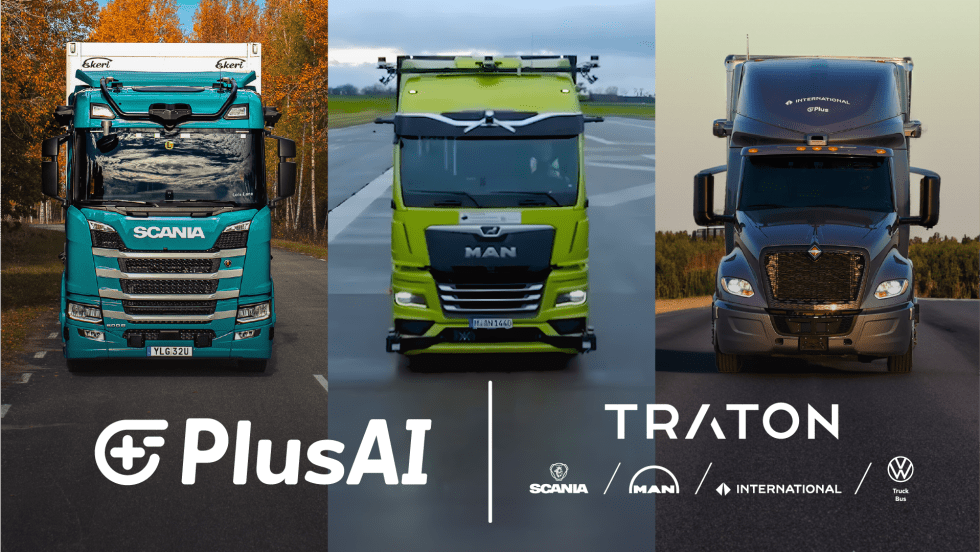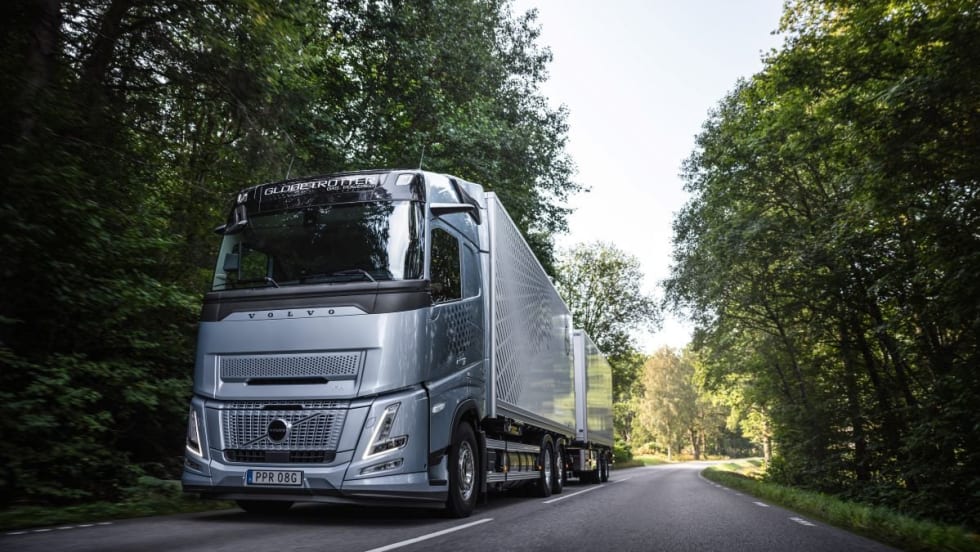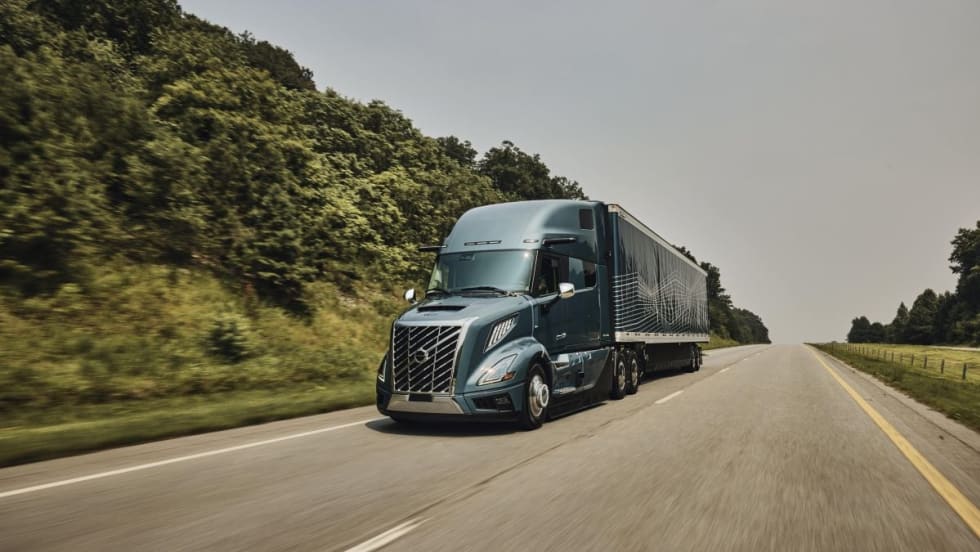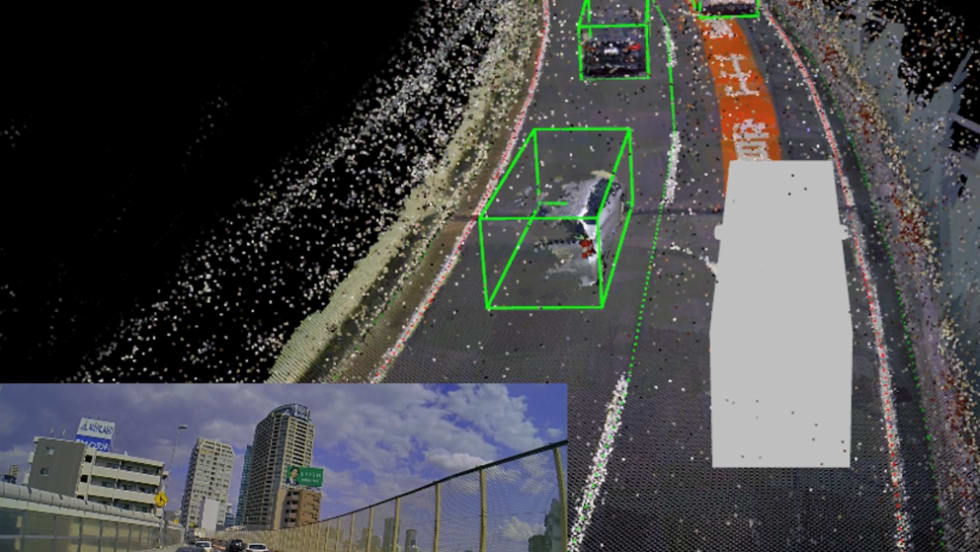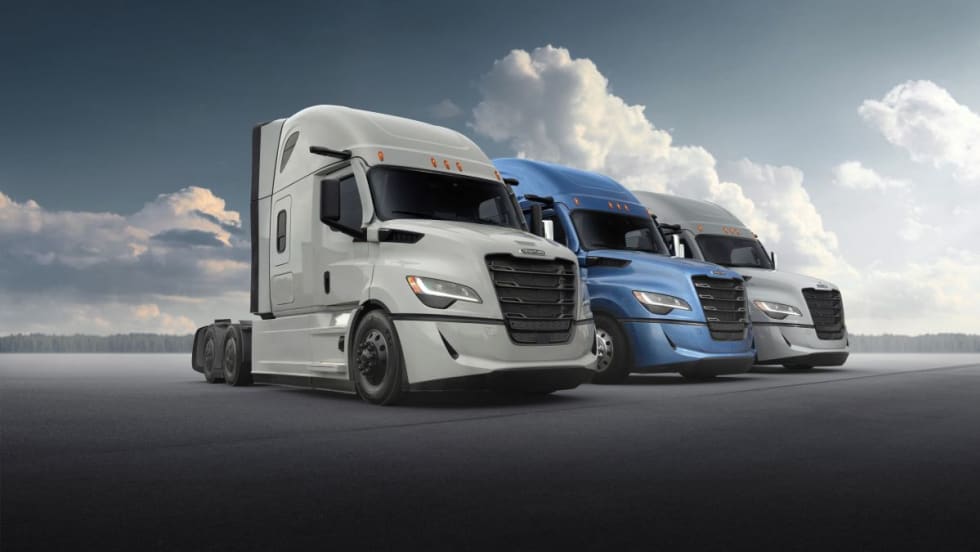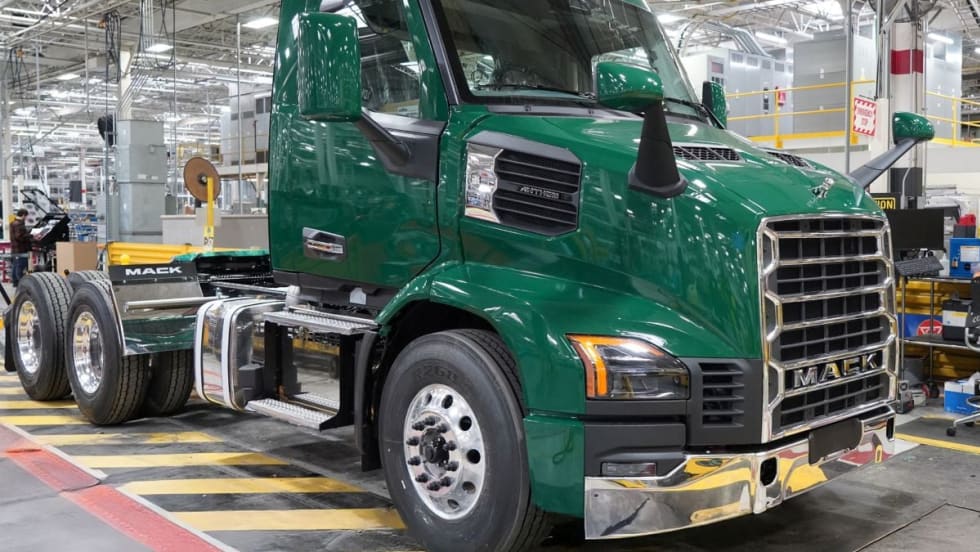Charles Willmott just wrapped up a 30-year career at trailer manufacturer Strick and recently went into business as the CEO of his own WillGo Transportation Consultants firm. He talked to HDT about the massive waves of technological and customer-service changes he sees coming at the heavy-duty trailer industry.
HDT: You believe, essentially, that trailers have largely dodged the technology revolution intrucking so far. But that is about to change, correct?
Willmott: Yes. That is 100% correct. And when these changes come, it will upend this market segment completely in terms of the trailers themselves as well as how they are used and how they are serviced.
HDT:What makes you think these things?
Willmott: All the trends in trucking today clearly show us where trailers are headed: E-commerce, last-mMile deliveries, Amazon, telematics. None of these things are going to happen with 'dumb' trailers. Having 'smart' trailers that can communicate information on their performance and health, as well as the status and health of the cargo they’re carrying are goingto be absolutely vital tools for fleet competing in these new markets.
HDT:Do you think there will be a need for a whole new crop of trailers?
Willmott: Yes. But, once you have a smart trailer working for you, fleets are going to discover that they need fewer trailers to haul freight with because they’re so much more efficient. Amazon has changed the paradigm completely in terms of how freight is being hauled in urban centers today. And there will be a revolution in trailers as new technologies – largely pioneered by Amazon-- come online. I’m talking about things like trailers that monitor themselves, and their cargo and create data based on that information. We’re on the cusp of seeing that aspect of trailer technology explode.
HDT: There are already some systems out there that do those things.
Willmott: Yes. But all those systems operate in silos. They’re not integrated information systems. There is no one central brain that controls all those functions and synchronizes them with the power unit, the shipper and the receiver. Most trailers today are a collection of copper-wire harnesses that control lights, ABS, and everything else. It’s Thomas Edison level technology. And that’s not suitable for the digital age we’re entering today. Look for a crop of new products from trailer suppliers to come out this year that will attempt to modernize that aspect of trailer design. But we’re just getting started.
HDT: What do you think the immediate benefits for fleets will be with modern, smart trailers behind their tractors?
Willmott: Once we get away from the silo system of information management, all the data a trailer generates will help the vehicle be safer out on the road, lower maintenance costs, and extend that trailer’s useful life.
HDT:But will they require more skilled technicians?
Willmott: Yes. Fleets will still be able to use technicians to do minor work-- fix a bumper or patch a hole in the side. But future trailers are going to require techs who are also experts with computers and handling analytical data streams.
HDT:Technology has moved so fast with power units. Why have trailers lagged so far behind?
Willmott: With all due respect to trailer OEs today, it’s because they are so accustomed to the idea of a trailer as a big, stupid, lightweight, and cheap asset that they don’t want to change. And you can’t blame them, in a way. They’ve built expensive factories and facilities that still build trailers the same way they did when I started in this industry 40 years ago. They still largely use the same composite materials they’ve been using for years. To change to modern trailer technologies will be expensive, and they don’t want to do it. And that’s why I think it’s a market that is primed for startup companies to come in and disrupt everything.
HDT:And you think the same is true for the service aspect of maintaining trailers?
Willmott: Yes. The state of trailer maintenance today is really lacking and nowhere ready to support a national fleet of complex, technologically advanced smart trailers. Most trailer dealerships are primarily focused on new and used trailer sales and not service. Nationwide, the whole trailer service aspect is very hit and miss. Fleets already want nationally established service companies they can go to for fast, reliable trailer repairs. And soon they will absolutely have to have someone who can do that work for them. Again, someone is going to realize the coming need for these services and fill that void and disrupt the entire industry when they do so.
HDT: But your contention is that smart trailers will ultimately be good for fleet operations?
Willmott: Definitely. Smart trailers will save money because the fleets that run them will be more efficient at delivering goods. And their trailers aren’t going to be beaten to death with premature wear and tear. They’re also not going to be hit with safety fines or see customers driven away by poor CSA scores. These future trailers will be game-changers for everyone involved in a logistics stream. But fleets will benefit from their technology and capabilities the most.





